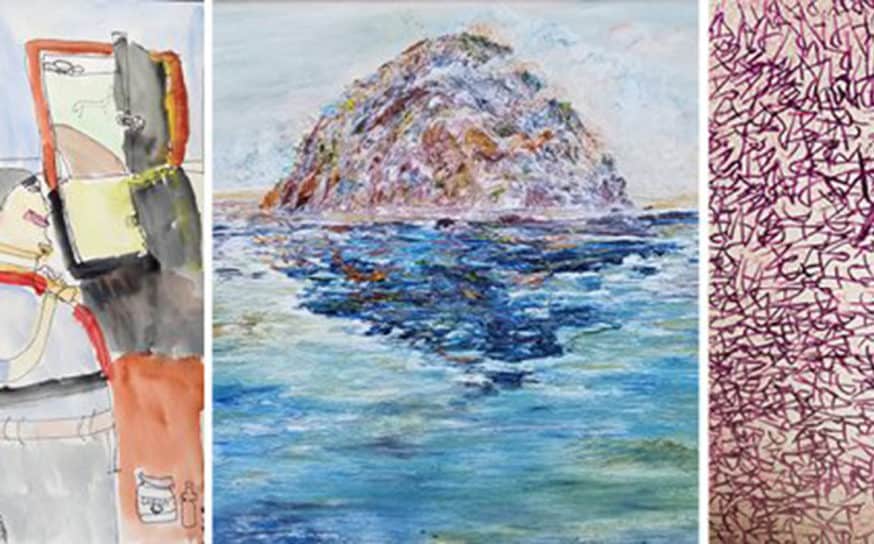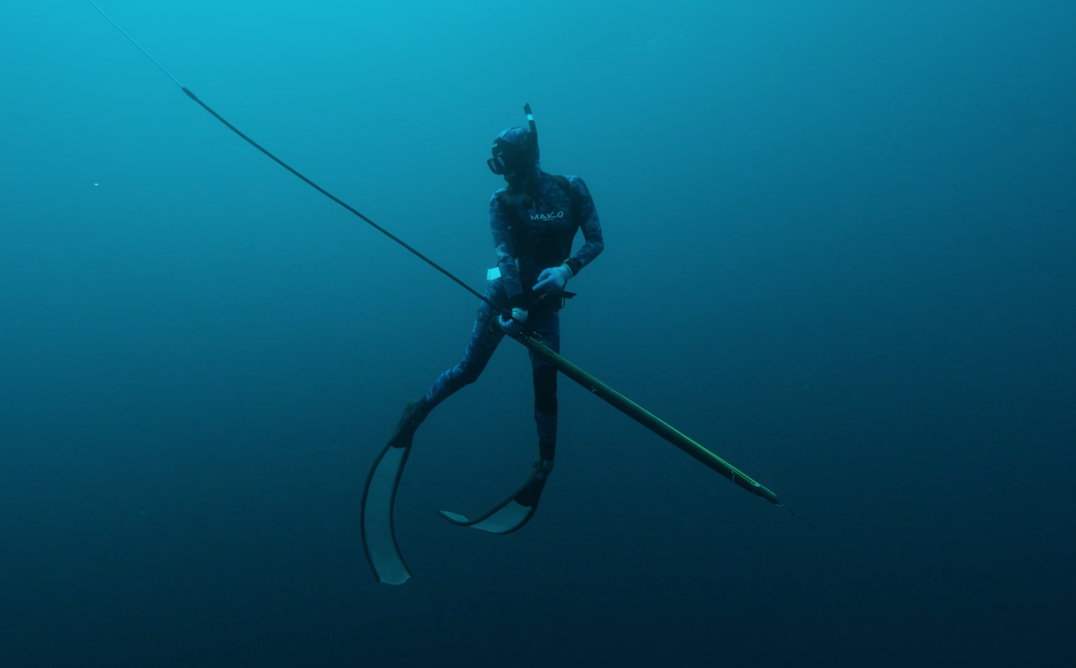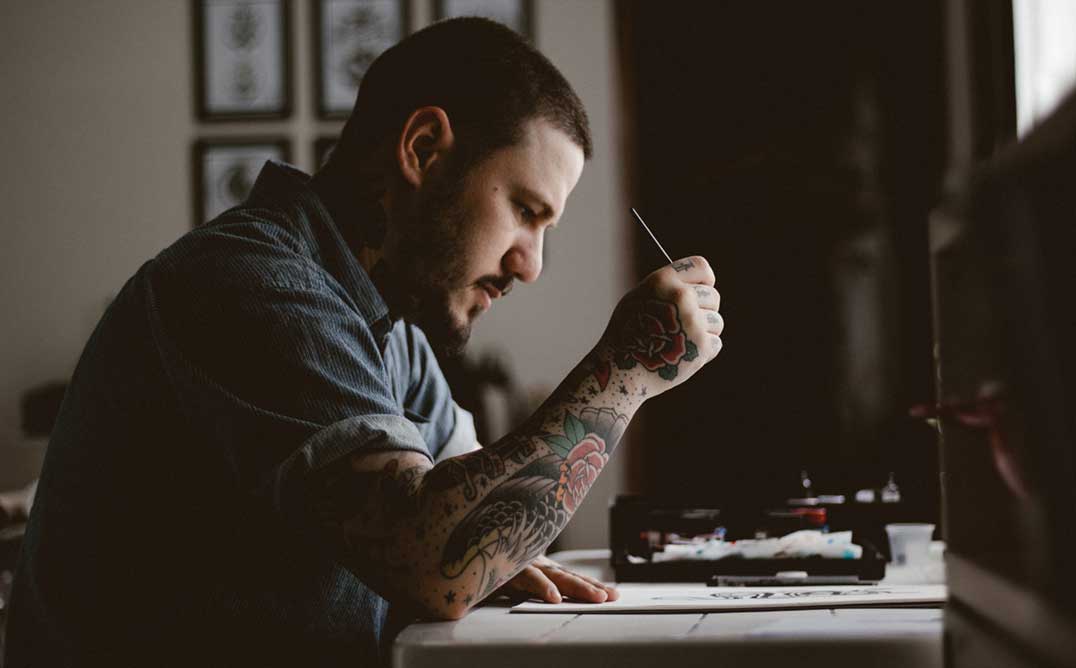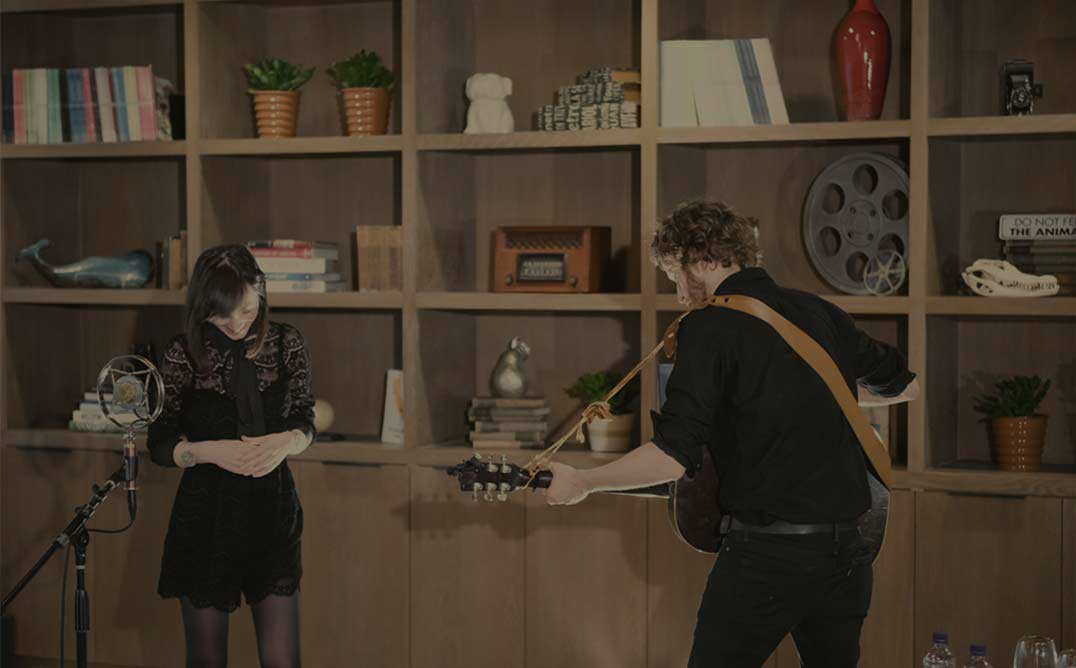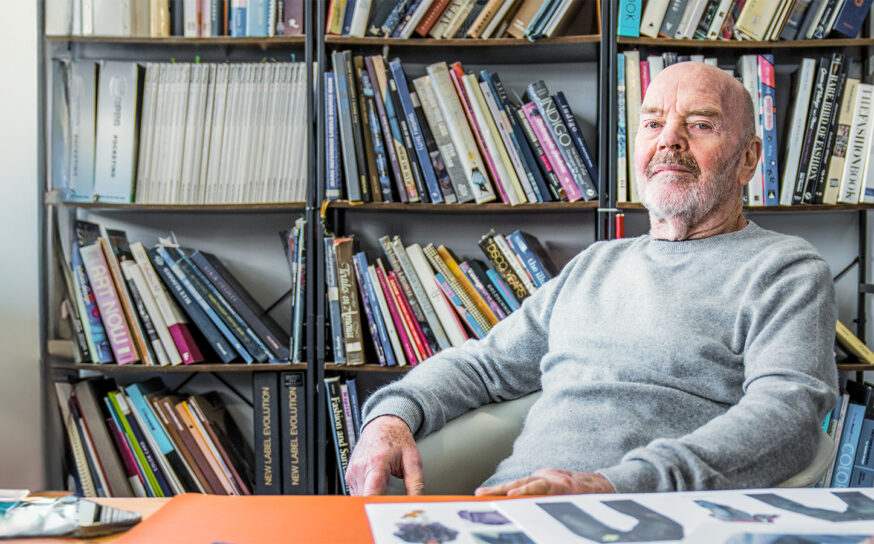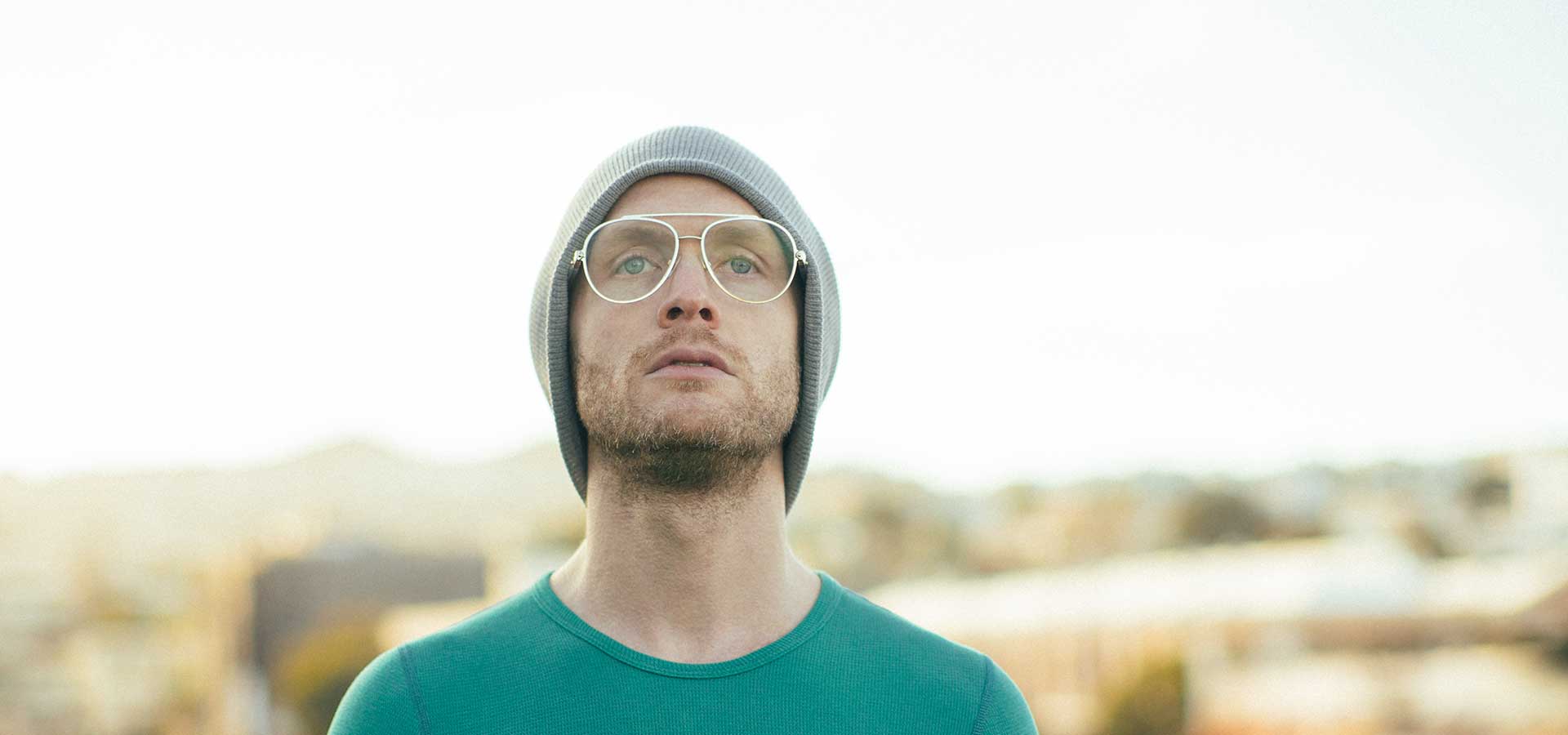
A Bay Area Composer Explores the Transformative Spectrum of Electronic Music
Christopher Willits’s Sunset offers music for the mind, body and soul.
-
CategoryArts + Culture, Music + Podcasts
-
Written byRich Thomas
Sound healing (also known as vibrational medicine) is an age-old practice that has been around since the advent of chanting or the use of instruments like tuning forks or singing bowls to induce meditative states. Some people refer to these activities as subtle-energy therapy; a way to stimulate the mind and body together on a deeper, more transcendental wavelength. One could even say the ambient works of composers like Steve Reich, Philip Glass or Brian Eno achieve the same effect, but good luck getting a young fan to dip into electronic music that doesn’t have a bass drop or a wobble. For composer and Envelop founder Christopher Willits, patience is a true virtue, and the music he creates isn’t just full of nuance and mood. It’s meant to heal and soothe.
After self-releasing his first pieces of music on CD-Rs, he found a home on taste-making Detroit label Ghostly International, and has since collaborated with artists like famed Japanese composer Ryuichi Sakamoto (The Last Emperor, The Revenant) and the North Valley Subconscious Orchestra. We connected with Willits at his home in San Francisco to discuss the very personal origins of his new Sunset LP, and why all his music begins “with the intention of love.”
Golden State: If you’re a West Coast resident, sunsets are a pretty magical thing. What inspired you to create Sunset, and what do you envision as the ideal listening experience? It’s a pretty meditative body of work.
Christopher Willits: Sunsets on the Pacific coast are so inspiring, and they always remind me of the big picture. This album is designed as a soundtrack to the sunset, and I feel the sunset is a metaphor for the process of conclusion and letting go. For me, it’s about embracing the unknown with love and courage. The music initially grew during a recording session at SnowGhost studio with my old friend and collaborator Brett Allen. The concept of the album came later when I held a mushroom ceremony with my mother and father at sunset. We created a playlist of music to accompany ourselves on the journey, and I included the recordings that would become this new album. My father recently retired and my mother has been challenged with dementia, and the combination of the mushrooms and the music allowed them both to relax, see the big picture, and help embrace the next chapter of their lives. That experience with my parents made it clear that this music was an album of its own, it was called Sunset, and it was a tool for letting go and relaxing. Listening solo on headphones is great, but I really love sharing this music outside, with the sunset, and within multiple speakers enveloping us in sound.
GS: As someone who obviously sees a universal connection between nature and music, what other activities or processes are you inspired by? Are there any books you feel would make interesting pairings with the music you create?
CW: I’m inspired by everything when you get down to it, but I’m really into plants, nutrition and meditation. The first book that comes to mind is “How To Change Your Mind” by Michael Pollan.
GS: You’ve been a San Francisco resident for a long time now. The city has changed so much from a cultural standpoint, and the disparity of wealth has really created an environmental tension. How has your music reflected that?

CW: I love SF. It’s my home and I want to positively serve this community. I feel like my music is more connected to, and influenced by, the surrounding redwoods and coastline
GS: Simply referring to you as a musician feels a bit limiting. You’ve designed software, taught workshops, you’re a filmmaker. You’ve described music as medicine, and I think the DNA of your songs speaks to that ethos. Why is what many would refer to as “traditional music” or songwriting not something that satisfies you, at least as a composer?
CW: I begin with the intention of love, and let the sound emerge into the form that it wants to be in. The music tells my intuition how it wants to be structured, and this is usually in a form that is as free and efficient as possible. Music is always changing and evolving, and what we think of as “traditional” forms of music are perhaps just accepted Western norms that have grown since the advent of recorded media. I imagine the oldest music, the really “traditional” ceremonial and celebratory music before civilization—humans singing in caves or drumming around a fire. This was happening before languages were written, before crops were grown, and cities created. Perhaps this structure of music is more similar to what I create in some way, and maybe that is more traditional than a 3-minute verse/chorus pop song?
GS: Sunset is a body of work optimized for listening experiences like the ones you’ve created with Envelop, your nonprofit that creates immersive audio venues and open source software tools. Can you describe what your mission is with Envelop? You host everything from yoga workshops, sound baths and other wellness events, to listening experiences for albums like Dark Side of the Moon, Purple Rain and Miles Davis’ Kind of Blue. Seems like a pretty cool and immersive thing.
CW: Envelop’s mission is to amplify the power of music. We create immersive listening spaces, with multiple speakers surrounding the audience, which allow us to be inside the music. Music by itself is so powerful, and when we can be immersed within that music, with our neighbors, it becomes even stronger. Envelop hosts a diversity of events in our listening spaces, from live performances and album listenings, to yoga, sound baths, and classes in three-dimensional music production, called spatial audio. Spatial audio is the next generation of surround sound, and Envelop’s tools allow artists to create fully immersive music that can move around and even above you. Music brings us together, and there’s great social and emotional benefits to simply listening together.
GS: Patient listeners are in pretty short supply these days. Instant gratification is king, especially in popular electronic music where everyone is hungry for the drop. Does that lack of nuance frustrate you?
CW: I have actually noticed an increase in intentional listening over the years. People know that music can affect them in positive ways, and they are utilizing it more for specific benefits. The ease of streaming music seems to have helped ambient, contemporary, “listening music” reach more people. There’s all kinds of music just like there’s all kinds of food. The music can serve all kinds of functions and be expressed in all kinds of forms. I may not enjoy the flavor of every piece of music, but that’s okay. My attention is on creating the music that’s in my heart, and sharing that to the best of my abilities. Envelop grew out of this need in many ways. It’s an instrument that amplifies the listening experience.
Behind the Plan to Expand Urban Forestation in Los Angeles by 2021
The city even created a new role to manage the sweeping project.
Get Our Autumn Vibes on in Beautiful Ventura
Check out the little surf town that could.
A New SLO Exhibition Explores the Work of Disabled Artists
Over 40 artworks will be featured.





